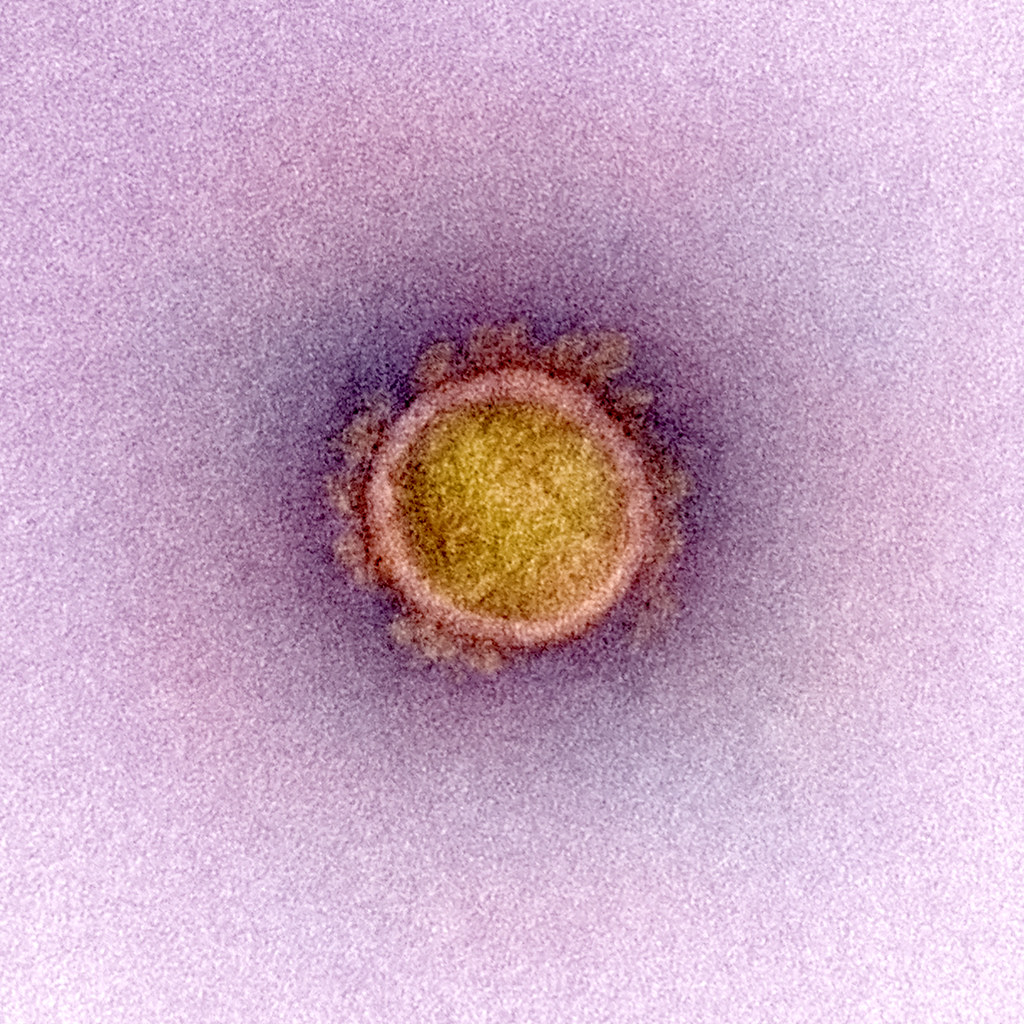The concept of herd immunity, in the past few weeks, has become a controversial subject in the medical community throughout the world. Recently, dozens of infectious disease experts have also signed a letter warning people against the consequences of relying on the idea of achieving global immunity to end the coronavirus pandemic.
For instance, the letter included outcomes such as high mortality rates especially among vulnerable groups such as older adults and multiple outbreaks around the world. To achieve widespread immunity to a disease, at least sixty to seventy percent of the population has to be infected.
At the moment, only ten percent of the world has contracted the virus, according to a report from the World Health Organization, which means that there is still a long way to go for the majority to have immunity against the novel coronavirus.
In fact, it can take from months to years for this to happen. The time span for global immunity to develop can be estimated by examining previous health epidemics such as the plague epidemic or the more recent Spanish flu pandemic of the early twentieth century.
The influenza pandemic or the Spanish flu health crisis took more than two years to fully end from different parts of the world. Even after ending, the influenza virus was not eradicated but become endemic and now occurs seasonally during colder months of the year.
The coronavirus is also likely to become an endemic like influenza but this can only happen after herd immunity is achieved.
RELATED: Coronavirus May be Leading Cause of Death in 2020
According to experts, immunity will indeed be achieved after a specific period of time around the world but the concept is much more different than it is being described and propagated among common people especially by government officials in the US.
More specifically, herd immunity is not and usually cannot be achieved by the ways stated by the Trump Administration and the White House.
Due to the widespread misunderstanding of the concept, people are also starting to believe that more infections and spread of the coronavirus mean that immunity will be achieved more quickly and the coronavirus pandemic will also end eventually.
However, the actual process of achieving widespread immunity involves the development and distribution of vaccines. When the majority of the people get a vaccination against the pathogen, immunity will be developed against it and transmission rates will go down.
This will also protect people who have not received the vaccination as the spread will no longer be as high as before. Over time, the crisis will be controlled and end.
Distribution of vaccines among the global population is the safest and most effective way to end a pandemic with the fewest negative health outcomes. If immunity is achieved via widespread infections, it is likely to cause a high number of deaths and many other consequences.
The approach is also unfair to people who are more likely to develop a severe form of the coronavirus infection and die from it. Therefore, the WHO has stated that the idea is not only dangerous but also unethical and should not be used to end the coronavirus pandemic.


